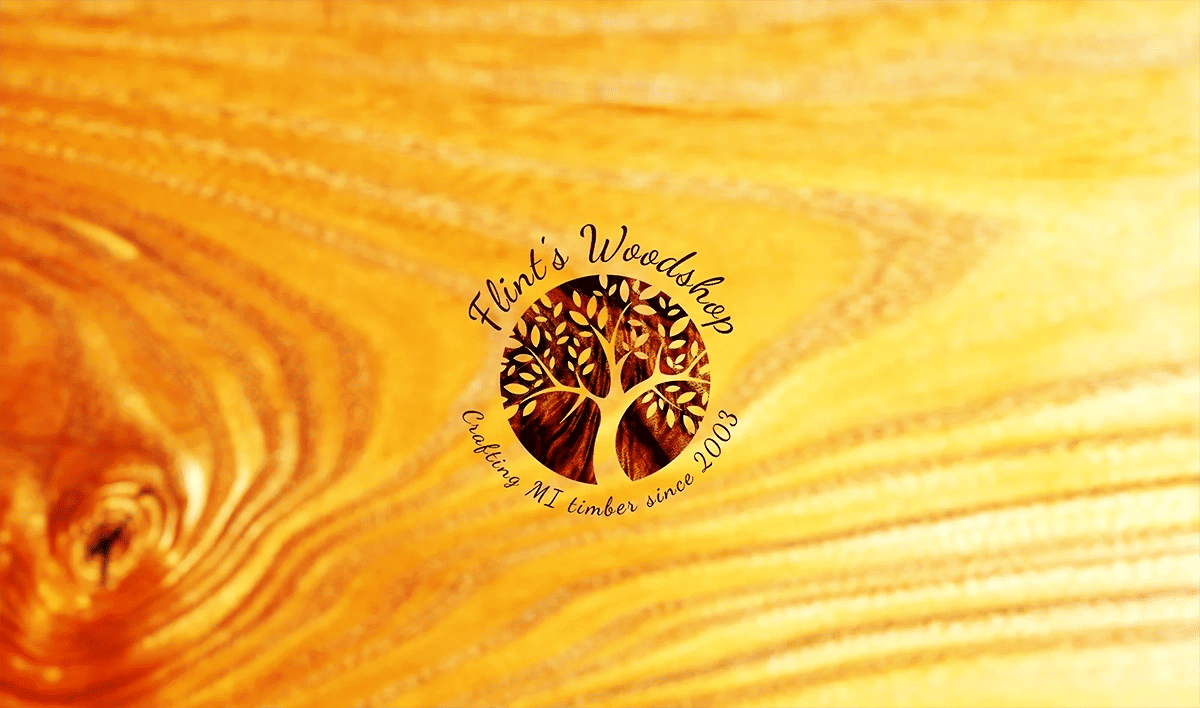
Explore how different religions and cultures view cremation and the handling of cremated remains.
Important: Religious perspectives vary widely; consult with religious leaders for specific guidance.
Religious and cultural perspectives on cremation and the handling of cremated remains vary significantly:
Catholicism: The Catholic Church permits cremation but holds a preference for burial, underscoring the sacredness of the body and the hope of resurrection [27]. Cremated remains are to be treated with reverence; practices such as scattering, keeping ashes at home, or dividing them are generally discouraged. Interment in a Catholic cemetery or columbarium is preferred, with the use of simple and dignified urns [28].
Protestantism: General Protestant views on cremation are more varied and typically more accepting than Catholicism. It is often considered a personal choice, with less stringent guidelines regarding the disposition of ashes, which may include keeping them at home or scattering [29].
Judaism: Traditional Jewish law prohibits cremation based on the belief in physical resurrection, although Reform Judaism has adopted a more accepting stance in some instances [30].
Islam: Islam strictly forbids cremation, emphasizing the inherent dignity of the human body and mandating burial as soon as feasible after death [31].
Hinduism: In Hinduism, cremation is considered a mandatory rite, and the ashes are typically scattered in sacred rivers or sometimes kept in an urn [32].
Buddhism: Buddhism generally considers cremation an acceptable practice, though not a mandatory one. Various options exist for the disposition of ashes, including placement in stupas (dome-shaped religious monuments) or scattering [33].
Other Religions: